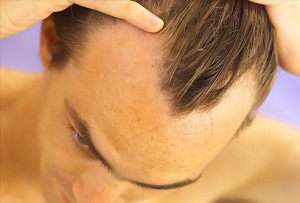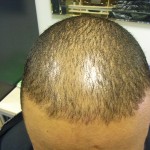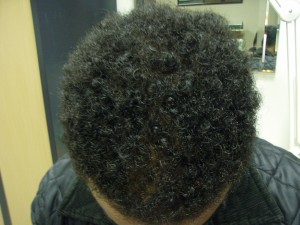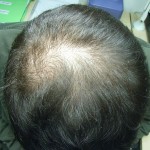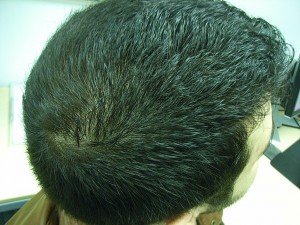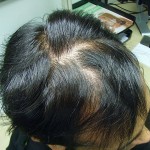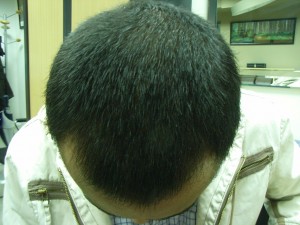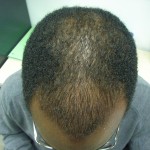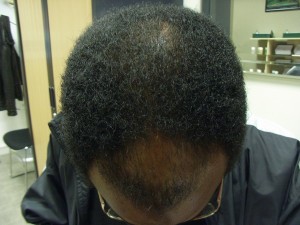12.01.2011
in HAIR LOSS PRODUCTS AND TREATMENTS
Scientists have found that 5a-reductase inhibitors (5a-RIs), while improving urinary symptoms in patients with benign prostatic hyperplasia (BPH) and possible hair loss prevention, produces significant adverse effects in some individuals including loss of libido, erectile dysfunction (ED), ejaculatory dysfunction and potential depression.
These findings suggest that extreme caution should be exercised prior to prescribing 5a-RIs therapy to patients for hair growth or for BPH symptoms.
The study has been conducted by researchers from Boston University School of Medicine (BUSM), in collaboration with colleagues at Lahey Clinic and from Denmark and Germany.
5a-RIs, finasteride (Propecia) and dutasteride, have been approved for treatment of lower urinary tract symptoms, due to BPH, with marked clinical efficacy. Finasteride is also approved for treatment of hair loss (androgenetic alopecia).
Although the adverse side effects of these agents are thought to be minimal, the magnitude of adverse effects on sexual function, gynecomastia, depression, and quality of life remains ill-defined.
In order to determine the potential extent of this problem, the researchers examined the data reported in various clinical studies concerning the side effects of finasteride and dutasteride.
After a review of the literature the researchers found that in a subset of men, prolonged adverse effects on sexual function such as erectile dysfunction and diminished libido were reported, raising the possibility of a causal relationship.
According to the researchers, the adverse side effects of 5a-RIs on sexual function, gynecomastia and the impact on the overall health have received minimal attention.
However, in some patients, these side effects are persistent with regard to sexual function and with an emotional toll including decreased quality of life.
“The potential widespread use of 5a-RIs for treatment of BPH, prostate cancer and male pattern hair loss may produce undesirable adverse side effects on overall health and in particular, vascular health and sexual function in a subgroup of susceptible patients,” said lead author Abdulmaged M. Traish, a professor of biochemistry and professor of Urology at BUSM.
“Furthermore, treatment of hair loss, a benign condition with 5a-RIs may produce persistent side effects in a number of young patients.
“Honest and open discussion with patients to educate them on these serious issues must be pursued prior to commencing therapy because, in some patients, these adverse effects are persistent and may be prolonged and patients do not recover well after discontinuation from drug use,” cautioned Traish.
The researchers believe additional clinical and preclinical studies are warranted to determine the reason for why some of these adverse effects persist in some individuals.
The study appears on-line in Journal of Sexual Medicine .
Do you have Hair Loss Problems, read our Hair Loss Help





